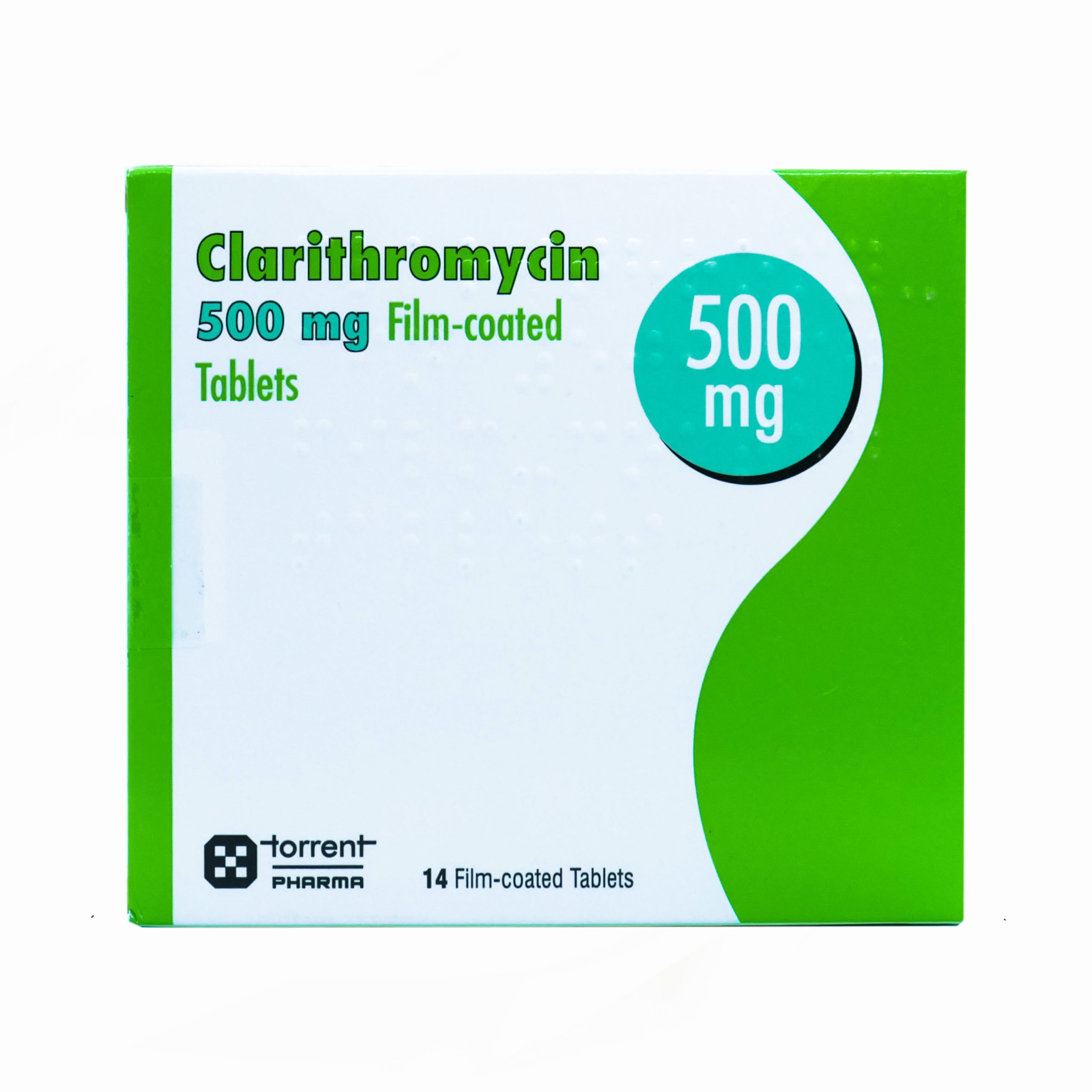What is Clarithrymocyin?
Clarithromycin is a macrolide antibiotic that stops bacteria from multiplying. It is used to treat a variety of infections, such as respiratory, ear, and skin infections. It is also prescribed for stomach ulcers caused by Helicobacter pylori in combination with other medications. Clarithromycin is suitable for adults and children and is often an alternative for those allergic to penicillin.
How Does Clarithrymocyin Work?
Clarithromycin is a macrolide antibiotic that works by inhibiting the growth of bacteria. Without growing and multiplying, the bacteria strength is compromised. The symptoms such as a sore throat and chest infections therefore stop. Clarithromycin makes a patient feel better within the first few days of taking it. Ensure to complete the course. If you don’t, the bacteria will form a resistance to the infection and other antibiotics.



